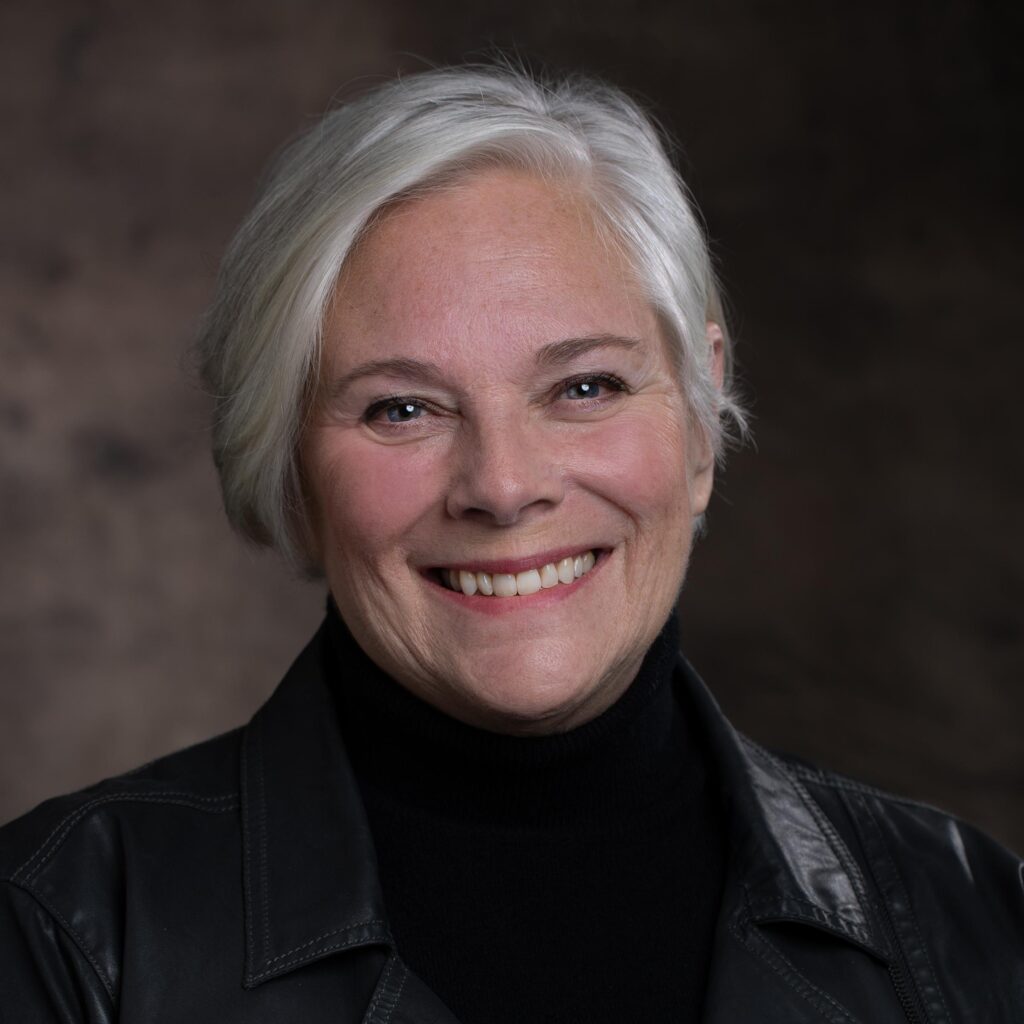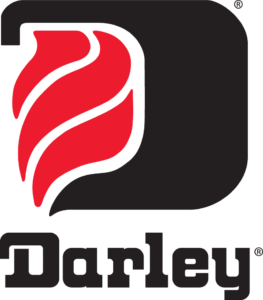
Susan Kelsey has authored four historical books and produced the award-winning documentary, “The Negotiator: Billy Caldwell.”
In this episode, Susan shares her journey of discovering Billy Caldwell, the “Great Negotiator” of early Chicago. She reflects on the leadership lessons she learned from both Caldwell and Native American leaders, focusing on values like moral courage, tenacity, and the importance of handling success and failure with grace.
Through her work with Native American tribes, Susan has gained a deeper understanding of leadership—one rooted in respect, curiosity, and self-awareness. She talks about the vital role storytelling plays in leadership and how it can make complex ideas more relatable.
Driven by a lifelong curiosity, Susan shares how her hands-on experiences, like earning her pilot’s license and working on documentaries, continue to shape her perspective on leadership and learning.
Tune in to hear her insights on the wisdom of elders, the value of cultural understanding, and how these lessons inform modern leadership today.
Key Takeaways
[04:06] Susan’s journey with Billy Caldwell began after noticing a plaque in her neighborhood. Over 30 years, she learned about Caldwell’s role as a negotiator between Native Americans and European settlers, shaping Chicago’s history. Caldwell’s unique position allowed him to influence key treaties, including the 1829 and 1833 Treaties, which played a major role in the region’s development.
[07:03] Susan described Billy Caldwell as the “ultimate glue guy,” bridging cultural gaps between Native Americans, military settlers, and Europeans. His ability to understand both worlds helped him play a key role in negotiating important treaties for the Chicago area. His military background and unique perspective made him a crucial figure in shaping Chicago’s history.
[09:29] Susan believes strong moral values and the willingness to stand for one’s beliefs, even at personal cost, set leaders apart. She emphasized that leaders like Billy Caldwell had the courage to take risks for the greater good. Moral leadership is key to achieving lasting change and making a positive impact.
[10:53] Building trust with indigenous tribes took years of effort for Susan, including traveling to Kansas and embracing vulnerability. She learned that respect, curiosity, and open communication are essential in fostering meaningful relationships. Developing trust takes time, but it’s vital in working with diverse communities.
[13:52] Susan’s persistence paid off when the Potawatomi tribe eventually approved her revised documentary. She learned that tenacity is key, especially when working through rejection. A surprising conversation with the tribe revealed that they didn’t see the loss of the Great Lakes as a loss, challenging Susan’s understanding of their culture.
[15:28] Susan emphasized the importance of listening more than speaking in cultural interactions. She explained that silence is highly valued in indigenous communities, and actively listening can build trust. Reflecting back what’s heard fosters stronger relationships and a deeper understanding.
[18:38] When Jan asked about her motivations, Susan revealed that lifelong curiosity drives her pursuits. She believes true learning comes from hands-on experiences, not just books or videos. Her curiosity led her to earn a pilot’s license to confront her fear of flying, highlighting her need to fully immerse herself in new experiences.
[19:47] Susan never tires of filmmaking, as it allows endless creativity. She loves collaborating with Native American musicians to create meaningful soundtracks for her documentaries. Despite the high costs of filmmaking, she finds ways to fund her projects and emphasizes that the value of a story doesn’t depend on the budget.
[21:07] Susan learned timeless wisdom from her work with Native American cultures, especially regarding grace in leadership. Handling both victories and defeats with dignity leaves a lasting impression. She learned this lesson through political mentors and experiences with Native American tribes, emphasizing grace as essential in leadership.
[23:09] Susan explained that Native American cultures view leadership as more than survival—it’s about self-awareness. The Blackfoot Indians’ perspective on Maslow’s hierarchy, which prioritizes self-awareness over basic needs, challenged Susan’s thinking. This worldview has shaped her understanding of leadership and personal growth.
[24:57] Storytelling is a powerful leadership tool, helping leaders connect with others and make complex ideas relatable. Susan stressed that modern leaders should listen to elders, especially in uncertain times, for their valuable insights. Native American cultures offer wisdom that can guide today’s leaders through challenging situations.
[27:07] When asked about becoming an elder, Susan shared that the title is a great honor in Native American cultures. Elders are respected for both their age and the wisdom they have gained over time. She contrasted this respect with how older generations are often treated in other societies, underscoring the value of experience.
[28:26] Susan’s documentaries aim to spark meaningful conversations and encourage people to learn from one another. She highlighted the importance of curiosity and education in her work. Slowing down and reflecting on new ideas can provide valuable insights in today’s fast-paced world.
[30:41] And remember…“When it comes your time to die, be not like those whose hearts are filled with the fear of death, so that when their time comes, they weep and pray for a little more time to live their lives over again in a different way. Sing your death song and die like a hero going home.” – Chief Tecumseh
The Leadership Podcast is sponsored by W.S. Darley & Company.
Founded in 1908, Darley remains a family owned and operated business, providing the highest quality equipment solutions to our country’s warfighters and firefighters.
Learn more at darley.com and darleydefense.com
Quotable Quotes
"We just need to be curious about each other, learn about each other and respect each other and… and develop that trust where we can have a nice, healthy, honest conversation." Share on X "How you hold yourself and the grace that you have is what people will remember." Share on X "We know who we are, we know where we came from, we know where we're going, and so we know if we know who we are, we can do anything. We can find food, we can find shelter, we can build community." Share on X "Slow down a little bit. You can back up, even put it down for a day, come back, look at it the next day. Perspective." Share on XResources Mentioned
- The Leadership Podcast | theleadershippodcast.com
- Sponsored by | www.darley.com
- Rafti Advisors. LLC | www.raftiadvisors.com
- Self-Reliant Leadership. LLC | selfreliantleadership.com
- Susan Kelsey Website | http://susankelsey.com
- Susan Kelsey’s award-winning documentary, The Negotiator: Billy Caldwell. | thebillycaldwellmovie.com
- Susan Kelsey Facebook | www.facebook.com/susan.kelsey.39
- Susan Kelsey LinkedIn | www.linkedin.com/in/susanlkelsey


Leave a Reply